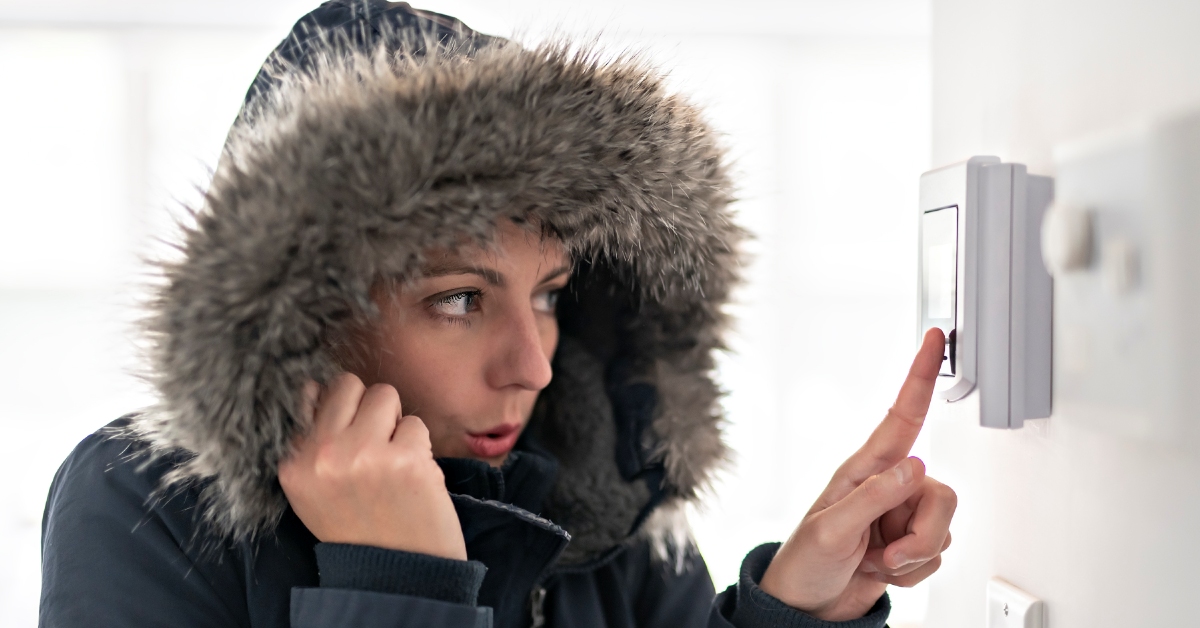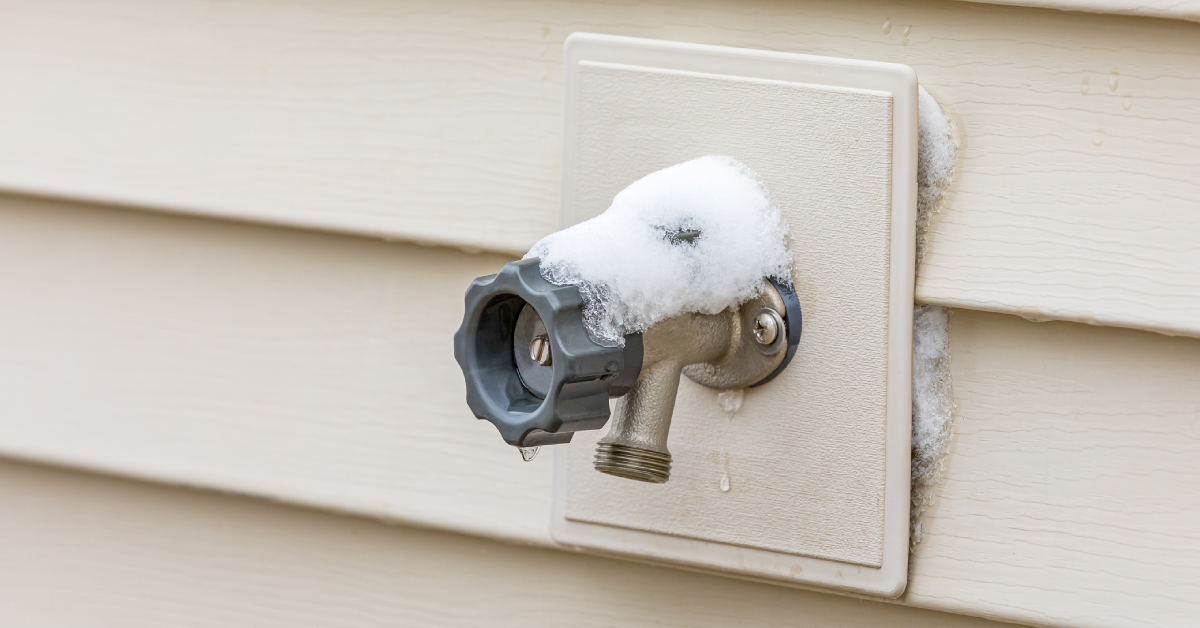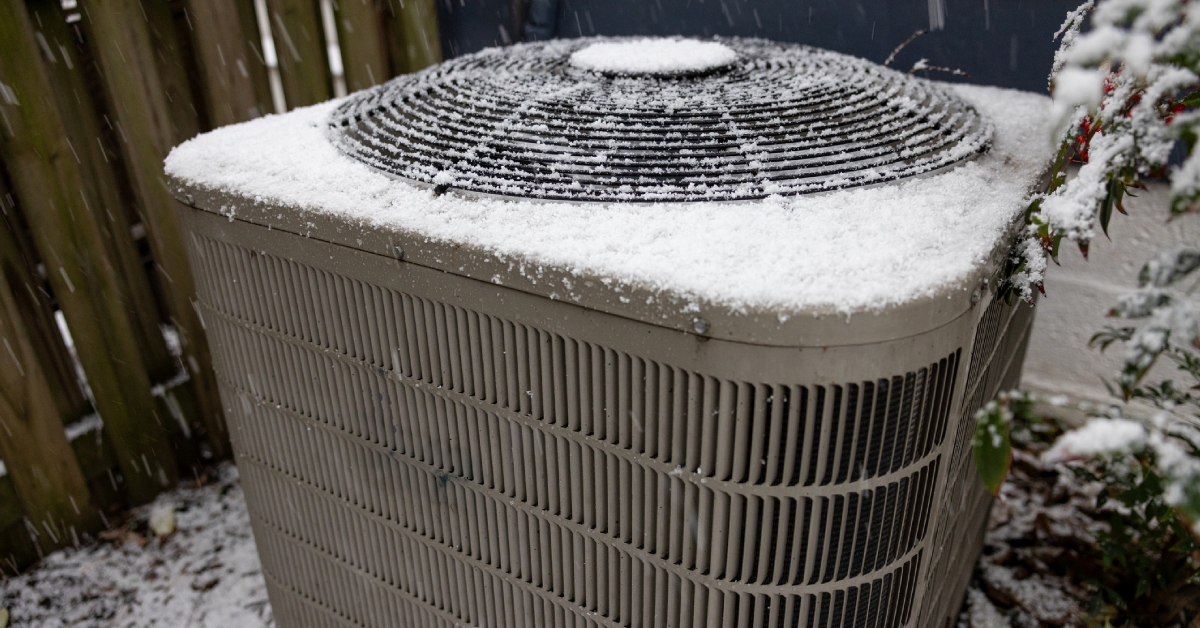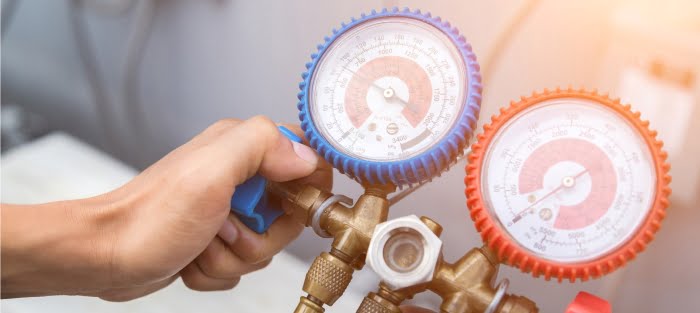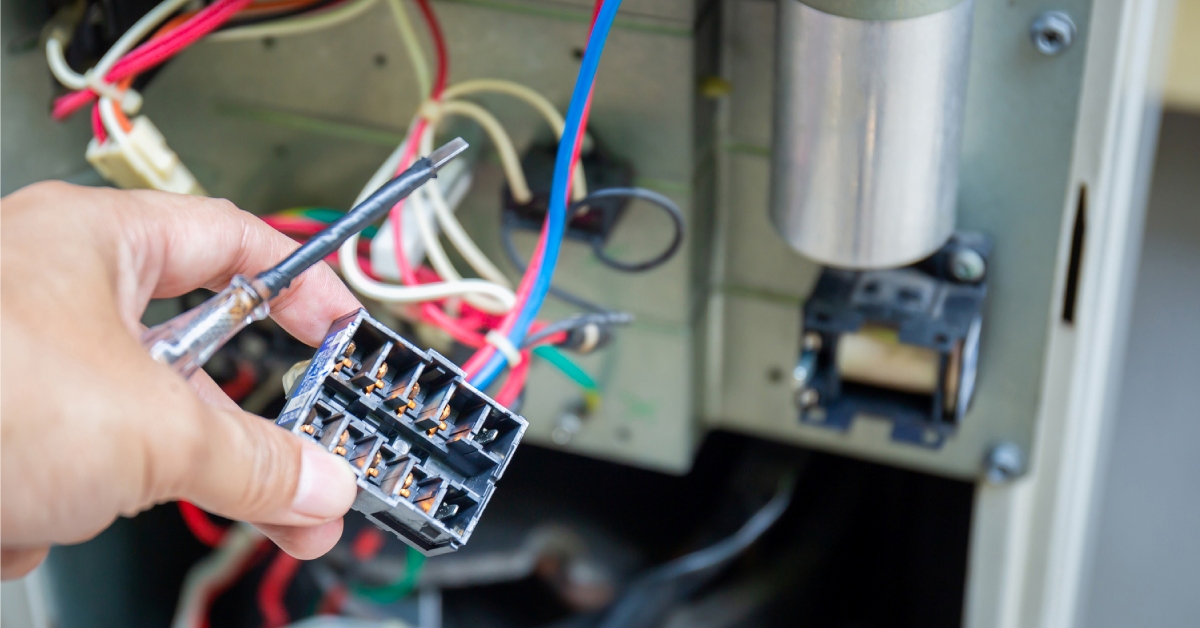
How Short Cycling Affects Your Comfort and Bills
If your heat pump is switching on and off every few minutes without properly heating or cooling your home, you may be dealing with short cycling. While it may seem like a minor annoyance, short cycling is a serious HVAC issue that reduces efficiency, increases energy bills, and can shorten the lifespan of your system. At Charlotte Comfort Systems, we want you to understand what’s happening, why it matters, and what you can do about it.
What Is Heat Pump Short Cycling?
Under normal conditions, your heat pump should run steady cycles of about 10–20 minutes before resting. Short cycling occurs when the unit turns on, runs only for a few minutes, then shuts down prematurely, only to start up again soon after. This constant starting and stopping puts stress on key components, especially the compressor, which is one of the most expensive parts of your system to repair or replace.
Why Short Cycling Happens
Several issues can trigger short cycling. Some are simple homeowner fixes, while others require professional service. One of the most common culprits is a dirty air filter. When airflow is restricted, the heat pump overheats and shuts down before finishing its cycle. Another possibility is low refrigerant levels. If there’s a leak, the system can’t absorb heat properly, which leads to erratic pressure and premature shutdowns.
Sometimes the thermostat itself is the problem. A unit placed near windows, vents, or direct sunlight may misread the actual room temperature, telling the system to shut off too soon. Dead batteries or faulty wiring can also cause miscommunication between the thermostat and your heat pump.
Oversized equipment is another concern. If your heat pump is too large for your home, it conditions the air so quickly that it shuts down before completing a full cycle. This might sound efficient, but it actually results in uneven temperatures, higher humidity, and unnecessary wear on the system.
Why Short Cycling Is a Problem
Short cycling is more than an inconvenience, it can have lasting effects on both your comfort and your wallet. Because heat pumps use the most energy at startup, constant cycling wastes electricity and drives up your utility bills. It also causes added wear and tear on critical components, particularly the compressor, reducing the system’s lifespan. Comfort can suffer as well. With each cycle cut short, your home may never reach the temperature you’ve set, leaving hot or cold spots and making it harder to stay comfortable.
What to Do if You Suspect Short Cycling
If you think your heat pump is short cycling, there are a few steps you can take before calling in a professional. Start by replacing or cleaning the air filter, since this is the easiest and most common fix. Check your thermostat as well. Make sure the batteries are fresh, the settings are correct, and that it isn’t placed near heat sources or drafts that could skew readings. It’s also worth looking for visible issues, such as ice buildup on the outdoor unit or refrigerant lines, and ensuring all vents in your home are open and unobstructed.
If these steps don’t resolve the issue, or if you notice refrigerant concerns, ice, or unusual noises, it’s best to contact a licensed HVAC technician.
Preventing Short Cycling with Regular Maintenance
The best way to keep your heat pump running efficiently is through routine care. Change filters every one to three months, schedule professional tune-ups in both spring and fall, and keep the outdoor unit free of dirt, debris, and plants. During professional maintenance, a technician can also check refrigerant levels, clean coils, and inspect electrical connections, catching small issues before they become big ones.
If your heat pump has been turning on and off too quickly, give us a call today at 704-366-1661 and let us help keep your home comfortable year-round.
continue reading
Related Posts
Rapid changes can prevent the system from fully equalizing pressures, especially in heat pumps, which are common in our area.
When the heat is turned off or set too low, cold air can quickly reach pipes throughout your home, allowing temperatures to drop below freezing.
Heat pumps move heat from the outdoor air into your home. On cold, humid, or freezing days, moisture in the outdoor air can freeze on the heat pump’s outdoor coil.
